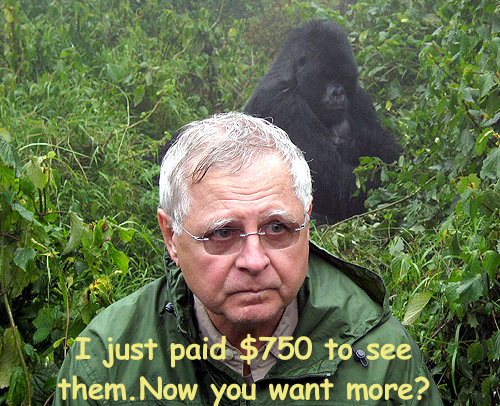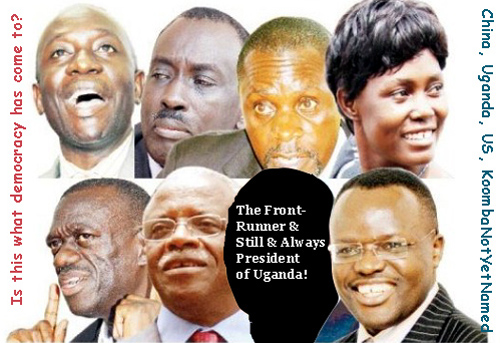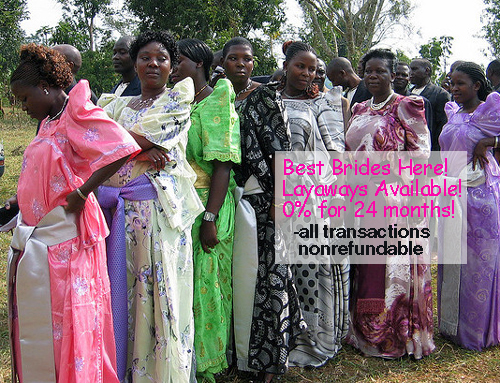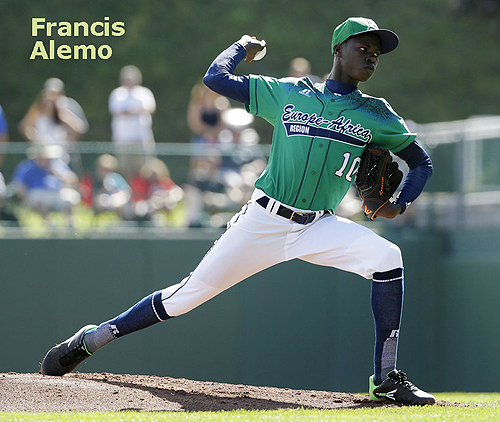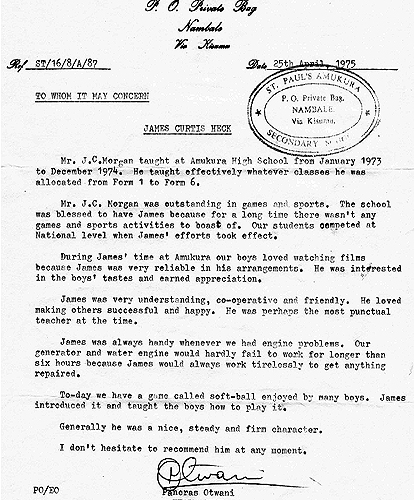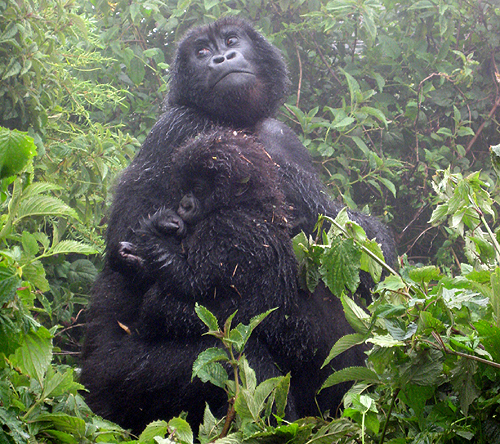 Is conservation just? Not always, according to a study in Uganda’s Bwindi National Park.
Is conservation just? Not always, according to a study in Uganda’s Bwindi National Park.
“Conservation [needs] to get serious about environmental justice,” a September study from the University of East Anglia claims, one of the world’s top universities for developmental studies.
This is just one of lots of recent intellectual fistfights between sociologists and conservationists. Conservationists, on the one hand, are presumed to want to protect the earth at nearly any cost. Sociologists, on the other hand, put people first and claim that contemporary conservationists don’t.
The argument surfaced at the beginning of this decade but by 2014 the New Yorker called the debate “vitriolic.”
Finally at the end of 2014 the highly respected scientific publication, Nature, allowed two scientists to publish an article about the fight: “We believe that this situation is stifling productive discourse, inhibiting funding and halting progress,” they wrote.
Stop whining. This is an important debate and nothing that I’ve seen is offensive or immature. Quite to the contrary: The East Anglia study continues this debate on the side of sociologists, and I believe appropriately so.
I know Bwindi pretty well. It is the Ugandan section of the volcanoes national park in which the mountain gorillas live. Like the other sections in Rwanda and the DRC-Congo, mountain gorillas have enjoyed a wonderful rebound from near extinction at the end of the 1970s.
The main reason is tourism. It will cost you a hefty $750 for one permit to be with the mountain gorillas in Rwanda for one hour, and one of the 56 daily permits are often hard to get.
It’s less expensive in Bwindi, but that reflects the unsettled political situation in Uganda. But even in Uganda’s untroubled days, Bwindi’s operations were never on the up-and-up.
Bwindi was terribly corrupt. If you had trouble getting a permit, the right bribe to the right ranger would get you one, and if in fact the day was truly booked up, someone would find a way to take you to a gorilla research group which was technically off-limits to tourists.
The East Anglian study touches on this but in fact sticks mostly to the non-corrupt, stated policy issues. Their main criticism is that the original peoples of the area, the Batwa, have been intentionally excluded from the benefits of Bwindi’s growing gorilla population.
The main benefit to the growing gorilla population is tourism: revenues from the permit tax which supposedly go directly to the government; and jobs created in the tourist industry: staff for lodges and transport and guides.
The Batwa do not benefit from any of these. The Ugandan government has always been openly hostile to these progeny of “pygmies,” their land was never properly deeded to them so they were unable to participate in the leasing arrangements for the tourist lodges, and few if any tour companies hire them at any level.
Prior to the interest in conserving the gorillas, the Batwa’s lifeway was bush meat hunting in the forest – not gorillas, but mostly monkeys, and also duikers and other small forest creatures. This is now prohibited in the interests of gorilla and ecological conservation.
So without benefitting from the growth of tourism and conservation while being restricted from the forest which was their traditional lifeway, the Batwa have grown more poor and more estranged from modern society. Implicitly, of course, it’s presumed they become poachers.
“Successful” conservation policies lead directly to poaching.
The East Anglia study suggests that scientists should adopt certain principals of manifest justice that could delimit conservation goals, but which in all cases would ensure justice for the local peoples like the Batwa.
This no-brainer is often neglected, the authors claim, because conservation goals appear “to be driven by faith in a particular (utilitarian) model of justice that holds that conservation consequences justify their means.”
I’m glad to have this “vitriolic” debate: I’ve always believed in Africa that people must come first, that conservation is not anathema to that at all, but that stitching the two together is imperative.
Imperative to conservation, not to the peoples’ will and that’s the key. The people have the sovereignty. Conservationists do not. It’s clear who must sew the seam.
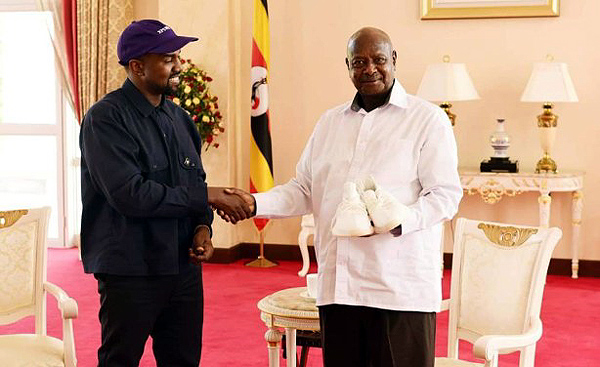 No, Ugandans, Kanye West will not boost your tourism. In fact, he’s done exactly the reverse.
No, Ugandans, Kanye West will not boost your tourism. In fact, he’s done exactly the reverse. As I’m writing this protestors are
As I’m writing this protestors are  ‘Work hard with homage to our lord and your assured place in the kingdom is safe.’
‘Work hard with homage to our lord and your assured place in the kingdom is safe.’ 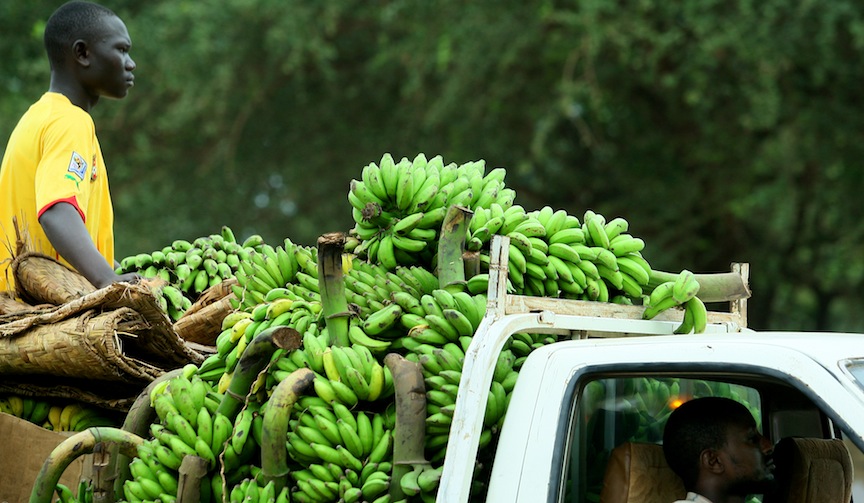
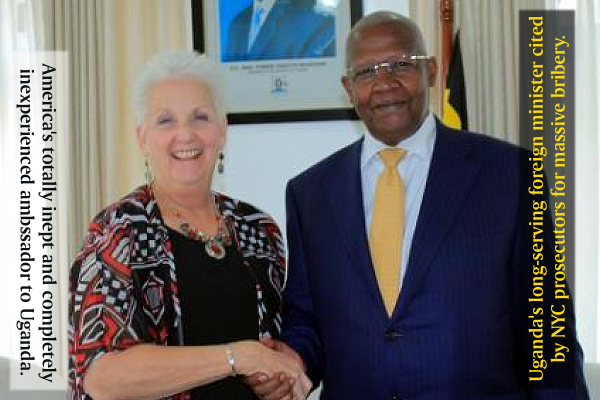 Collusion? Vengeance? Contrariness? Or just stupidity?
Collusion? Vengeance? Contrariness? Or just stupidity?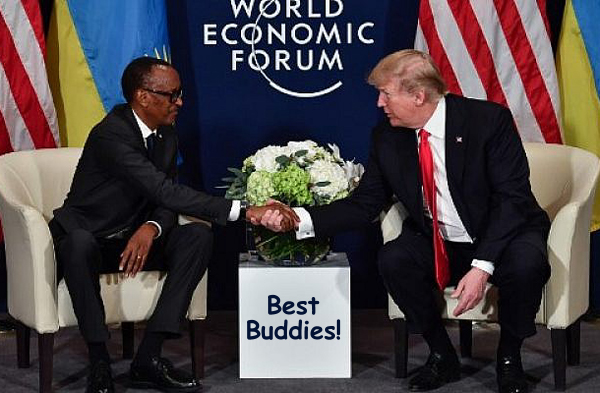 You might not have noticed the cheering but there are some serious praises coming out of Africa for Trumpism.
You might not have noticed the cheering but there are some serious praises coming out of Africa for Trumpism.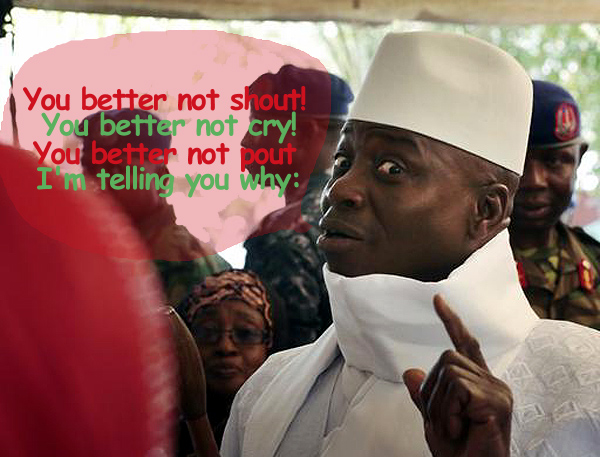 Africa’s a bit unsettled. Europe’s more unsettled than ever.
Africa’s a bit unsettled. Europe’s more unsettled than ever.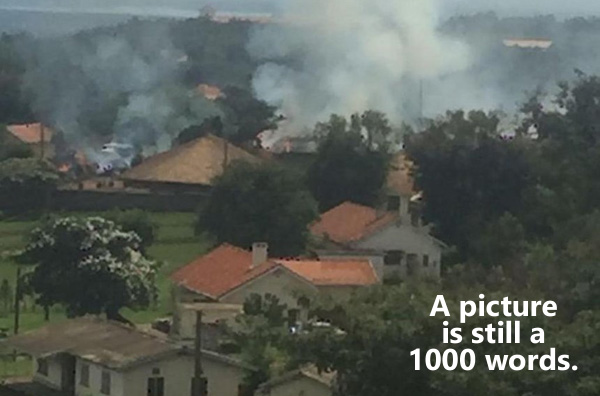 Anyone taking a picture is arrested or shot. Then, Facebook takes down the pictures of the courageous who manage to post the massacre. A Kenyan TV
Anyone taking a picture is arrested or shot. Then, Facebook takes down the pictures of the courageous who manage to post the massacre. A Kenyan TV 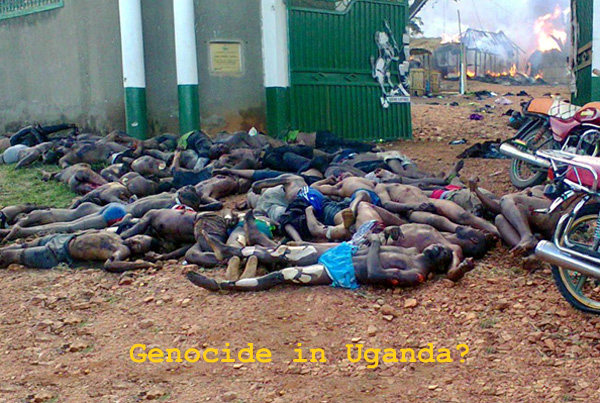 Major
Major 